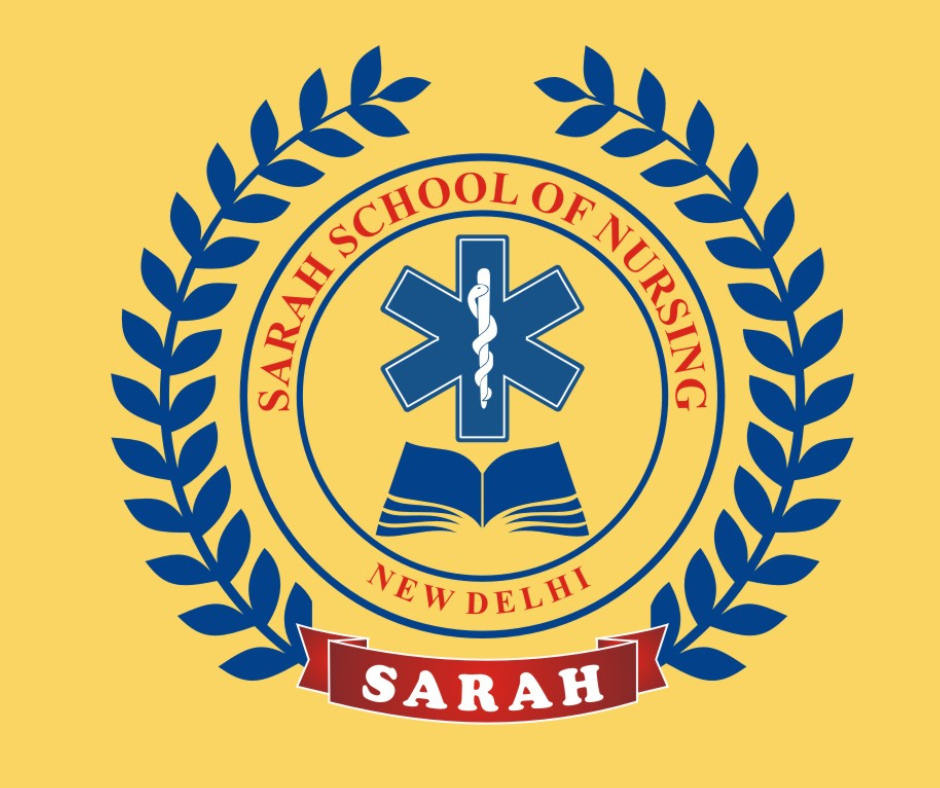ANM
ANM stands for Auxiliary Nurse Midwife, “Serving with Compassion, Leading with Care”
🔹 Introduction to ANM
ANM stands for Auxiliary Nurse Midwife, a vital pillar in India’s healthcare system, especially in rural and underserved areas. ANMs are often the first point of contact between the community and the healthcare system, playing a crucial role in promoting health and delivering essential medical services.
They serve not only in villages but also in urban health setups such as dispensaries, primary health centres (PHCs), sub-centres, and Mohalla Clinics.
Course Overview & Key Subjects
🔹 Introduction to ANM
Role & Importance: Understanding the indispensable role of ANMs in both rural and urban healthcare delivery.
Key Responsibilities: First aid, maternal and child healthcare, immunization, health education, and family welfare services.
🔹 Anatomy & Physiology
Human Body Systems: Introduction to human anatomy and physiological functions.
Reproductive System: Special focus on the female reproductive system related to midwifery and maternal care.
🔹 Community Health Nursing
Community Health Nursing
Concepts of Community Health: Principles and scope of community nursing.
National Health Programs: Government initiatives and primary healthcare strategies.
🔹 Family Planning
Contraceptive Methods: Natural and artificial methods, usage and safety.
Counseling Techniques: Educating families on reproductive health and family welfare.
🔹 Environmental Sanitation
Hygiene & Sanitation Practices: Promoting clean environments to prevent disease.
Waste Management: Safe handling and disposal of biomedical and general waste.
🔹 Primary Health Care & Health Center Management
Primary Healthcare Principles: Holistic, community-based approach to care.
Administrative Skills: Managing and organizing health centers efficiently.
🔹 Professional Trends & Adjustment
Ethical Practice: Code of conduct for nursing and midwifery professionals.
Career Development: Exploring future pathways in healthcare and nursing education.
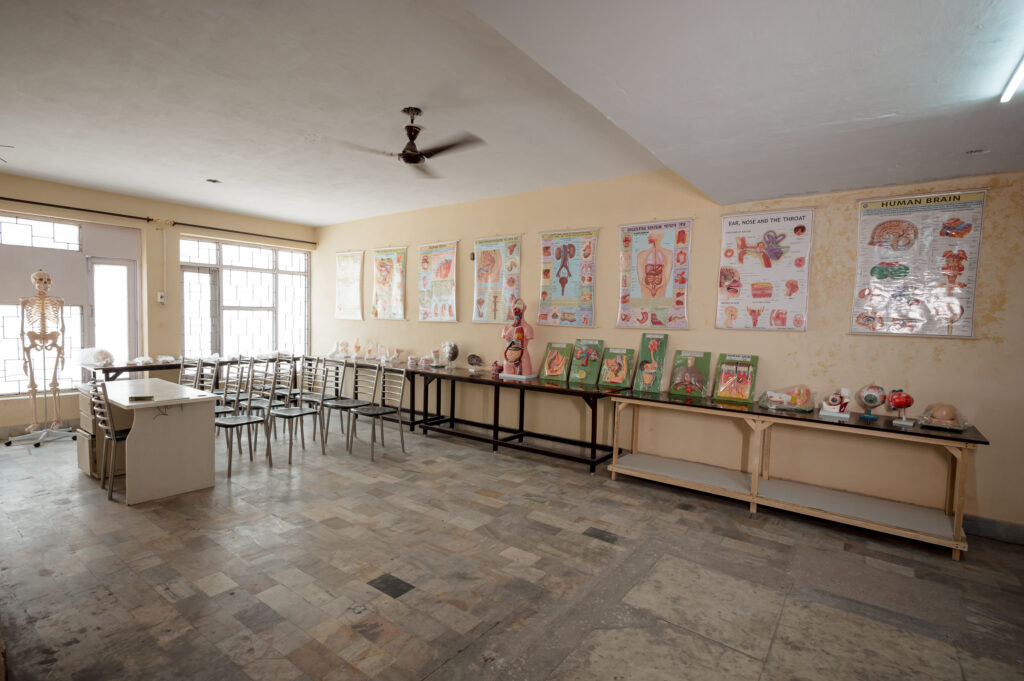
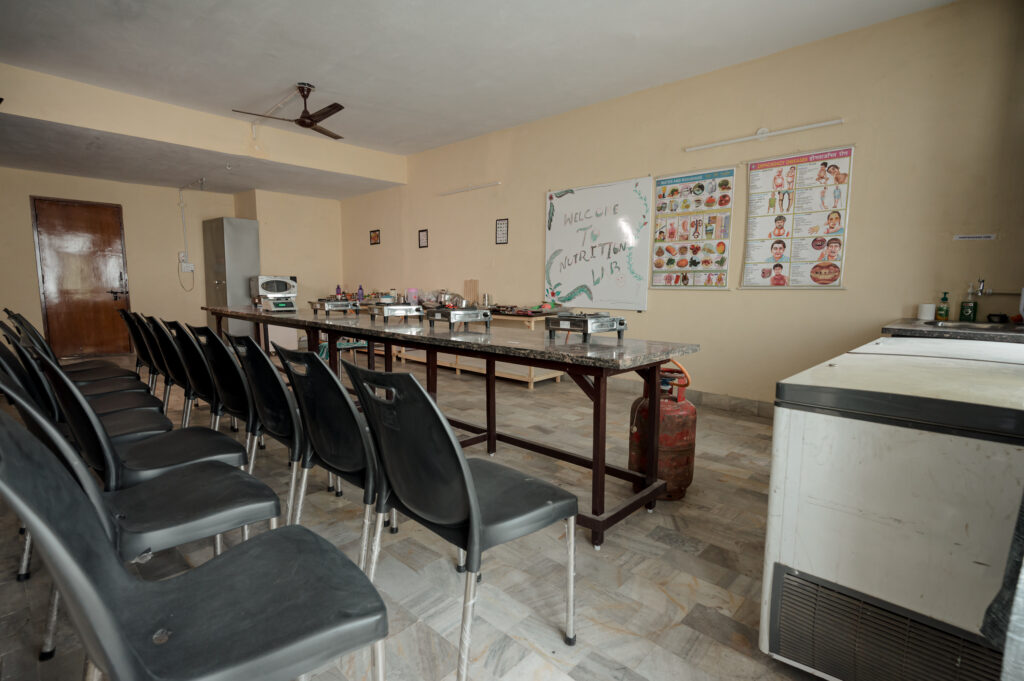
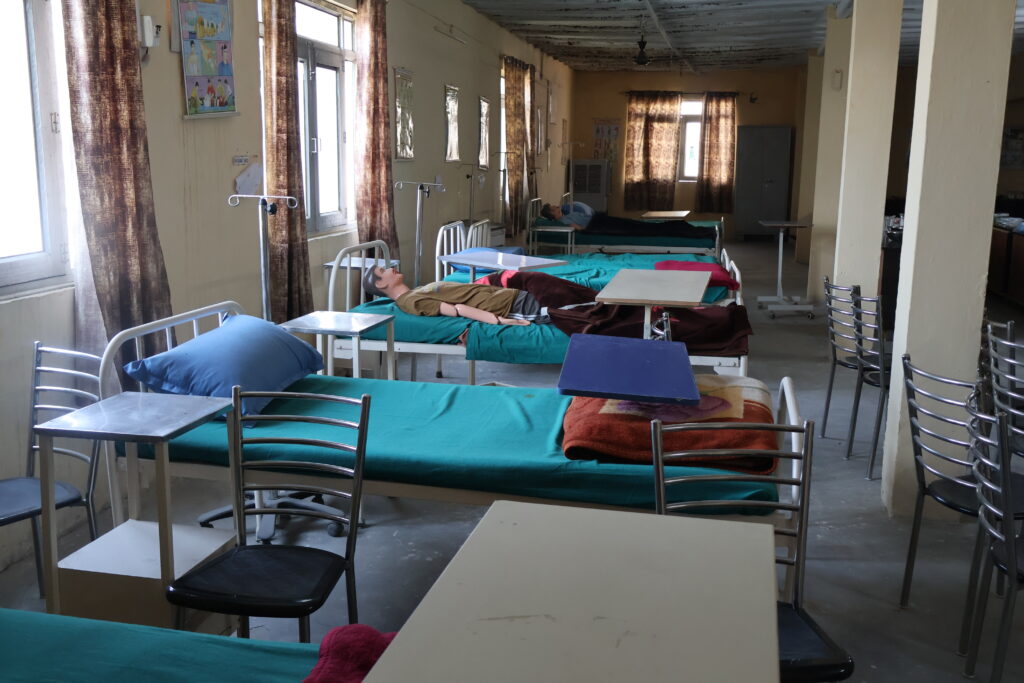
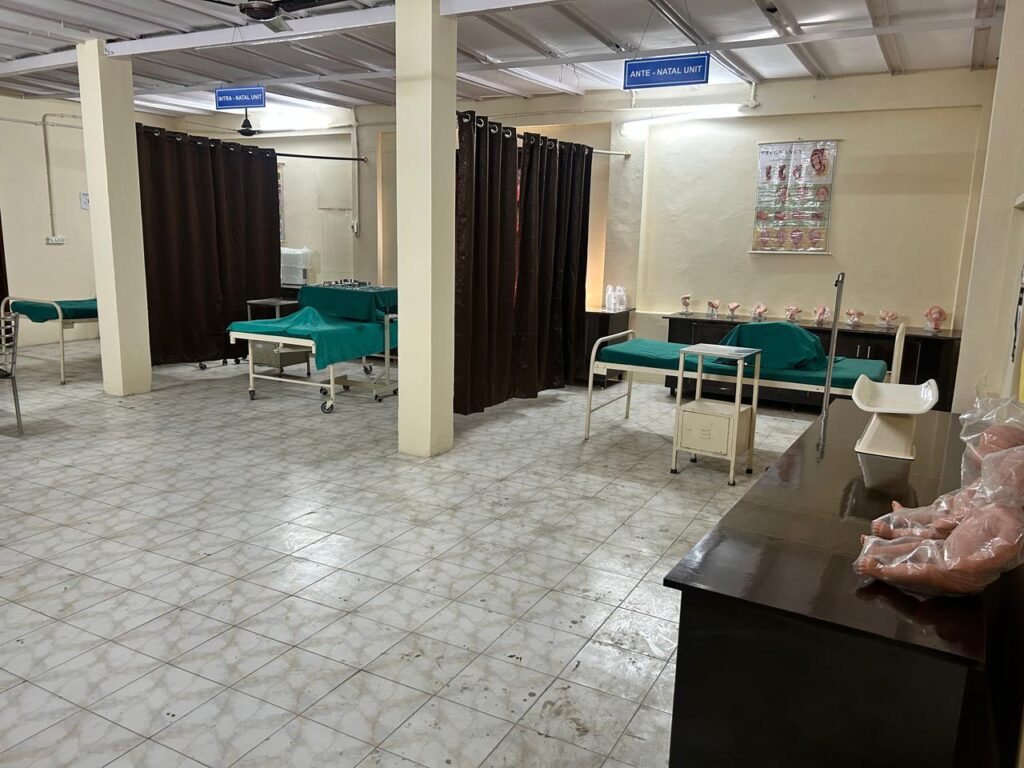
🔹 Midwifery & Obstetrical Nursing
Antenatal Care: Care during pregnancy, risk detection, and referral.
Labour & Delivery: Stages of labor, birthing techniques, and emergency management.
Postnatal Care: Supporting mother and baby after delivery, breastfeeding, and immunizations.
Child Health Nursing
Growth & Development: Physical, emotional, and social development of children.
Pediatric Care: Managing common illnesses and supporting child wellness.
🔹 Nutrition
Fundamentals of Nutrition: Importance of a balanced diet and food hygiene.
Maternal & Child Nutrition: Nutritional needs during pregnancy, lactation, and early childhood.
🔹 Health Education & Communication
Health Promotion:
Health Promotion: Teaching individuals and communities about health practices.
Communication Skills: Building trust, clarity, and empathy in patient interaction.
🔹 Infection Control
Infection Prevention:
Prevention Strategies: Controlling infections in community and clinical settings.
Sterilization Techniques: Proper disinfection and sterilization methods.
🔹 First Aid & Emergency Care
First Aid Basics:
Immediate Response Skills: Managing bleeding, fractures, burns, and poisoning.
Emergency Protocols: Responding to life-threatening situations with confidence.
🔹 Health Problems & Policies
Health Issues:
Community Health Issues: Common diseases and public health challenges.
Health Policies: National healthcare strategies and their community impact.
Contact with us
Information
- KH-241, GT Karnal Rd, near Jain Mandir smarak, Budhpur, New Delhi, Delhi, 110036
- sarahschoolofnursing@gmail.com
- +91 85271 64246
